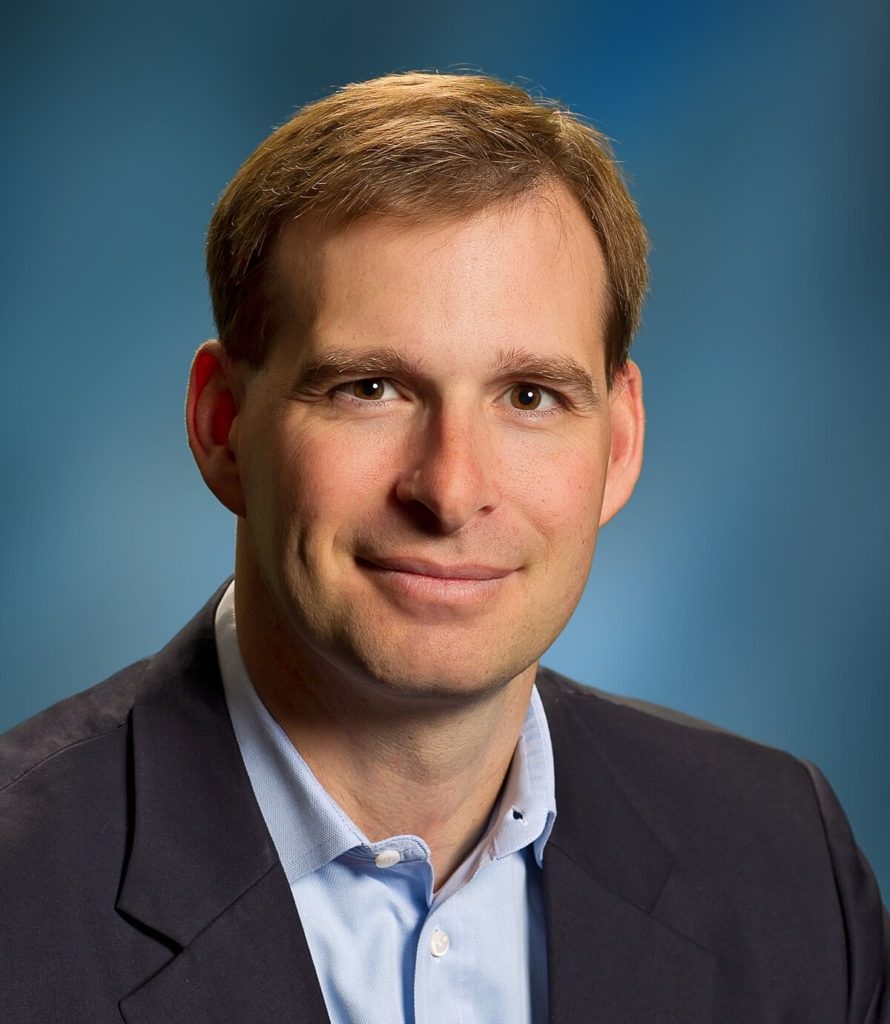Safer Gambling Week: A View From the US

By Keith Whyte, executive director, NCPG
“The United States and Great Britain are two countries separated by a common language”
The quote is commonly attributed to George Bernard Shaw, but as many UK operators and vendors swoop into the US market it is interesting to examine how each jurisdiction looks at responsible gambling issues in advance of Safer Gambling Week.

This year the GB Gambling Commission banned the use of credit cards for online gambling. However, British companies and their partners or subsidiaries operating in the US are able to accept credit cards for online gambling in a number of states.
This creates a potential natural experiment to compare and contrast the responsible gambling data regarding online gambling and credit cards between jurisdictions.
The role of government in responsible gambling also differs on either side of the Atlantic Ocean. In Great Britain it is understood that government does and should play a significant role in minimising gambling-related harm, primarily through the Gambling Commission and National Health Service.
In the US, there is no national gambling regulator and our federal health agency does not receive or spend a single penny on problem gambling. While states have the primary role to regulate and tax gambling, many take little or no responsibility for gambling problems.
Of the states that legalised sports betting since May 2018, only half dedicated any of their new revenue to try to minimise harm. Eight states still refuse to provide any public funds to prevent or treat gambling problems.
The American laissez-faire system has always relied more on private corporations to provide even basic services like health coverage. In a stigmatised and under-served area like problem gambling, it means the burden on gambling industry operators and vendors to provide for the basic safety net is that much greater.
British companies may be surprised by this expectation as well as the result that where companies don’t step up, problem gambling services are frequently simply unavailable.
But it also provides an opportunity for companies to leverage their strengths, in partnership with the NGO sector, to develop dynamic responsible gambling programs without the bureaucratic obstacles and red tape that may characterise other government assistance.
In either case, and in many other areas, there are opportunities for UK companies who operate in both markets to explore the evidence and evaluate the relative merits and outcomes of differing approaches to critical responsible gambling policy issues. Not just to avoid the “backlash” but to develop affirmational, positive best practices able to be implemented across jurisdictions.
We look forward to Safer Gambling Week, and hope that many British gambling companies will embrace safer gambling across all their operations, including in the US.
Operators have the opportunity to learn from evidence across all jurisdictions, while keeping in mind that even in this area of globalisation there are still significant differences in governance traditions and systems, industry expectations and obligations and individual consumer preferences and behaviour—in short, those cultural differences encapsulated by Shaw.
There is so much we can learn from each other in the quest to best minimise gambling-related harm which is the only way to maximise individual, corporate and societal benefits from legalised gambling.
Keith Whyte is the executive director of the National Council on Problem Gambling in the US.
